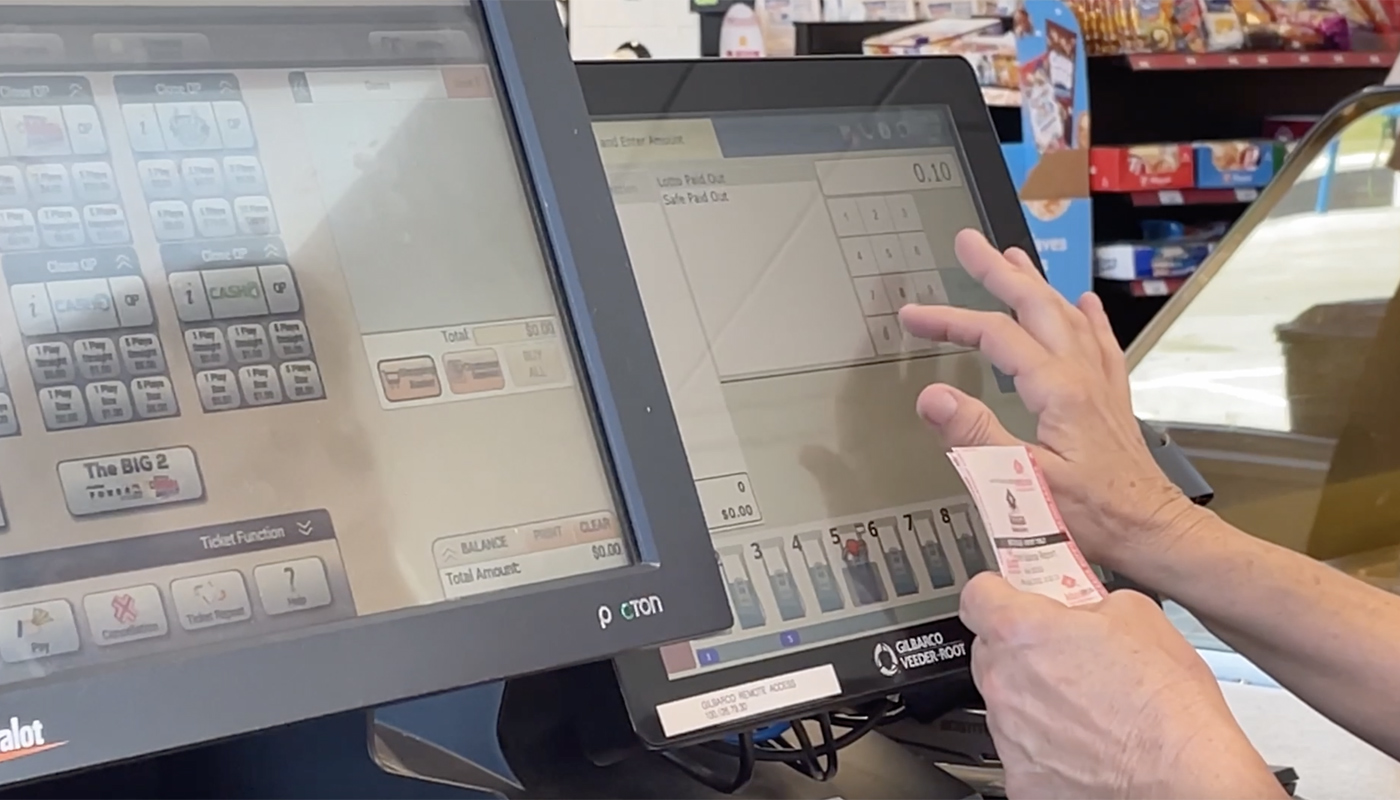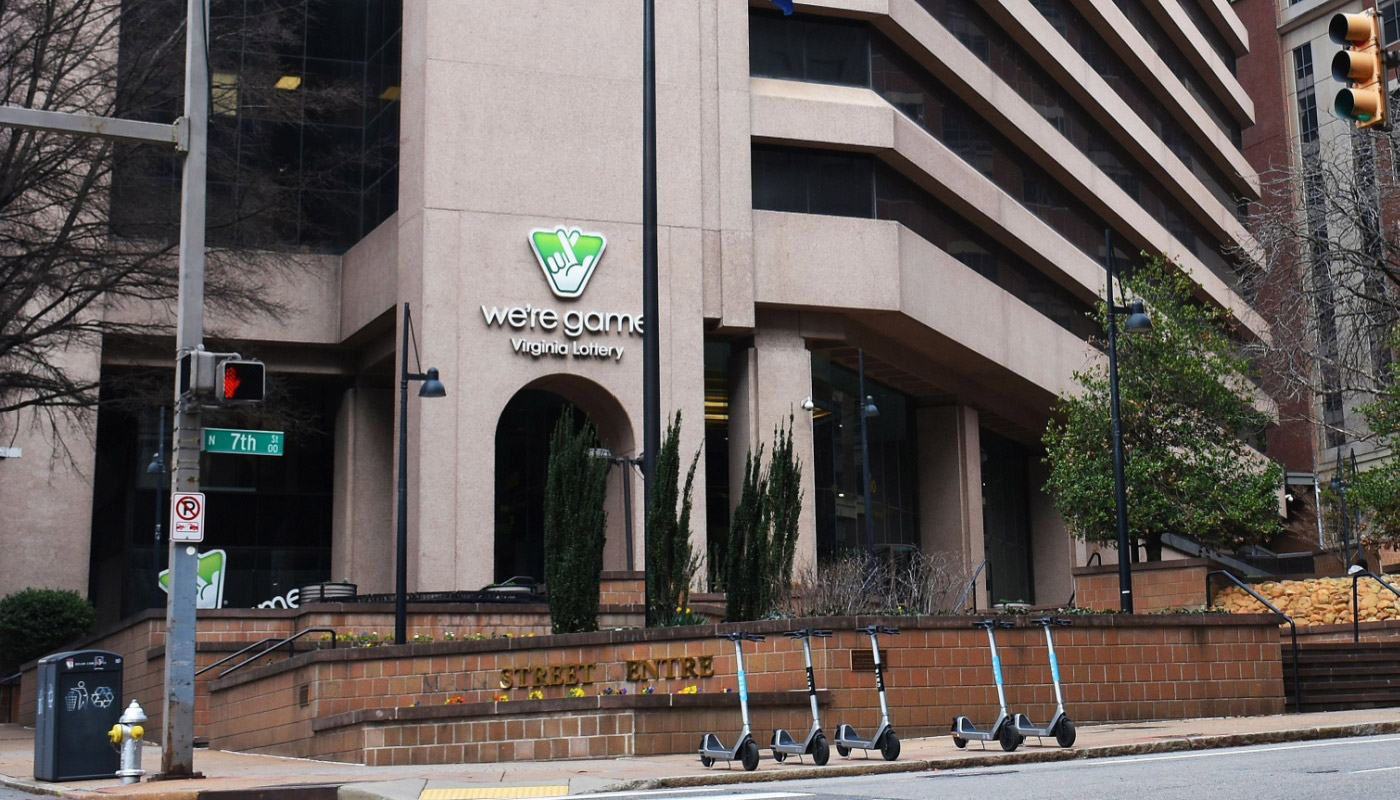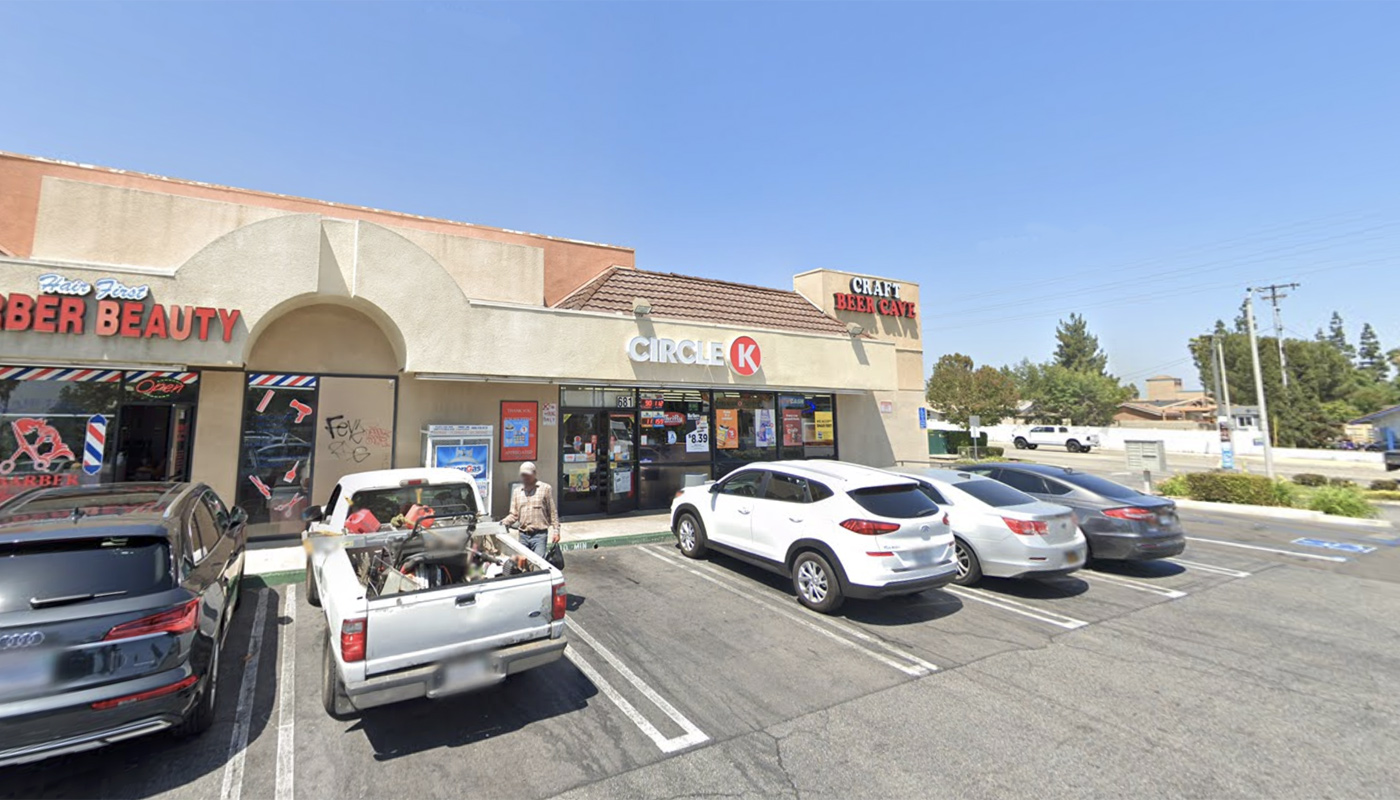
News writer
A new study highlights an ongoing shift in lottery habits around the world. While digital lottery sales are thriving globally, the United States remains significantly behind other countries when it comes to adopting this trend.
This study shows a big shift in how lottery tickets are being sold and consumed, giving us critical insights into how the U.S. might bridge the gap to catch up with its international counterparts.
A global shift to digital lottery sales
The study, conducted by International Game Technology (IGT), surveyed lottery players across seven countries — Australia, Canada, the Czech Republic, Finland, Italy, Spain, and the United States. The results showed that digital adoption has changed how people engage with lottery games.
In the United Kingdom, Sweden, and Australia, they have embraced digital sales as a cornerstone in their lottery operations, which include boasting streamlined apps, user-friendly websites, and thorough online marketing campaigns. Because of these efforts, players in these countries can purchase a lottery ticket with the same ease as ordering a pizza or streaming a movie.
By contrast, states in this country have been cautiously dipping their toes into the digital arena. As of now, there are 22 states and jurisdictions that offer online lottery ticket sales and the digital experience varies widely even among those 22 states.
The hesitation in the U.S. is clearly seen in comparison to European countries, where fully integrated digital systems have been in place for years. The slow pace of U.S. adoption highlights a broader reluctance to break with the country's historically retail-driven lottery sales model.
Why is the U.S. lagging behind?
There are several factors that contribute to this delay in the U.S. adopting a digital lottery platform. The biggest factor is the resistance from brick-and-mortar retailers. We often see these convenience stores and other lottery retailers serve as hubs for ticket sales.
Because of that, many of these businesses are afraid that the rise of digital lottery sales would mean less business for them. The loss of business wouldn't be from just ticket sales but from the other purchases these customers might be making while in the store, like snacks and beverages.
This can be seen with recent actions in New Jersey, as lawmakers voted to reject a proposal to introduce online lottery ticket sales after convenience store owners voiced their opposition. Many of these owners argued that by adding online ticket sales it would undermine local businesses and cut into their already thin profit margins. This argument does have merit though, as studies show that lottery players often make unplanned purchases when visiting retail locations.
Another big challenge in the U.S. is the regulation of these digital lottery sales. In the U.S., lottery operations are managed at the state level, which means each state must navigate its own set of rules and political hurdles. While we have seen states like Michigan and Pennsylvania successfully launch online lottery platforms, other states are bogged down by outdated legislation or resistance from lawmakers who are worried about the potential risks these platforms might bring, like an increase in problem gambling.
What impact do online sales have on player spending?
While the resistance remains, the IGT study did shed light on a compelling counterargument: online lottery sales can increase how much a person spends on the lottery. The study found that a higher percentage of players in the U.S. said they spent more money on lottery tickets after moving over to the digital platforms.
So, why is there an increase in spending for these players? Convenience and accessibility play a big part in it. By having access to these tickets anytime and anywhere, there is no need to visit a retail location to buy them. These digital platforms also offer features like subscription services, automatic number selection, and promo offers that often encourage frequent play. These tools keep players engaged in ways that physical ticket sales simply can't match.
For state governments, this trend represents a lucrative opportunity. Online lottery sales have the potential to significantly boost revenue, which can be funneled back into public programs. In states where online lottery sales are already available, the results have been promising. For example, Michigan has seen a sharp increase in lottery revenue since launching its online platform, which now accounts for a sizable portion of its total lottery sales.
In addition to the possible revenue boost, these digital platforms also make it easier to track and analyze player behavior. This gives state lotteries some valuable data they can use to optimize marketing strategies and game offerings. This data-driven approach could further enhance revenue and player satisfaction, creating a win-win scenario for both lotteries and their participants.
Keeping it balanced between online and traditional retailers
These concerns that traditional retailers have are valid. Any move towards digital lottery sales must address these fears. However, outright resistance to digital sales may ultimately be shortsighted.
When it comes to the retail model and the digital model, they don't have to be mutually exclusive. These states can adopt a hybrid approach, which supports both channels.
How can this be done? First, these digital platforms could include features that direct players to a nearby retail location for an exclusive promotion or special game that would only be available in-store. Retailers could also be integrated into a loyalty program, which rewards players for buying tickets both online and at physical locations.
States also need to consider that digital sales are not just shifting existing players from one channel to another, but these digital sales could be used to expand their player base. Let's be honest, digital platforms tend to attract a younger demographic.
These millennials and Gen Z players are more likely to engage with lotteries using apps or websites than traditional retail stores. Because of that, these younger players represent an untapped market that could increase overall lottery participation when adding in a digital platform.
From the retailer's standpoint, they could also embrace the digital shift and offer complementary services. These retailers could install a kiosk, which would allow players to purchase digital tickets right in the store. This would blend the convenience of digital with the immediacy of physical retail. By doing this, it could ease the transition and help the brick-and-mortar stores retain their role in the lottery ecosystem.
Lessons from abroad
It isn't like studying abroad in college, but the lottery can look to international examples for valuable lessons when it comes to online lottery sales.
In Sweden, the transformation to digital didn't slow down the role of traditional retailers. Instead, they complemented each other. Retailers were integrated into the digital platforms, earning commissions for facilitating digital ticket purchases and withdrawals. By working with each other, it helped ease the fears retailers had of revenue loss while also driving overall growth in lottery sales.
Keeping the user experience front of mind is how Australia approached this. They invested heavily in a user-friendly app design and strong customer support, which made the digital transition seamless for players. Because of that, digital sales now account for the majority of the country's lottery revenue. In addition, they have emphasized responsible gambling in their marketing campaigns. This has helped to ensure that the shift to digital doesn't bring an increase in problem gambling.
Over in the U.K., they have successfully used their digital lottery platform to support charitable causes. By highlighting the social impact of lottery spending, the National Lottery has maintained strong public support for its digital initiatives. By doing this, they have increased transparency and boosted player engagement, proving that a clear and socially beneficial message can help overcome resistance.
Shaping the lottery's future with technology
The shift to digital platforms isn't just about moving ticket sales online. This shift is about leveraging technology to create a more engaging and responsible gambling experience. Innovations such as artificial intelligence and predictive analytics are already being used to personalize the player experience. This allows the digital platforms to offer more tailored game recommendations and alerts for upcoming draws.
Blockchain technology is another concept that could revolutionize lottery operations. By providing a transparent and tamper-proof system for ticket sales and prize payouts, blockchain could increase player trust and simplify administrative processes. Some lotteries are even exploring virtual reality experiences as a way to attract younger players, showing us the potential for cutting-edge technology that could redefine what a lottery can be.
At the same time, these advancements in technology are also going to come with challenges. States must ensure that their digital platforms are secure against any possible cyberattacks and fraud. Intense regulatory frameworks will be essential to protect both players and the integrity of the lottery system as a whole.
Bridging the gap in the U.S.
If the U.S. wants to catch up with these other countries, then a shift in mindset is necessary. The IGT study showed that digital adoption isn't just about convenience — it's about keeping the lottery relevant in a world that is increasingly digital. These states need to prioritize education and outreach efforts to help build public and retailer support for these digital platforms.
Lawmakers also play a role in this by modernizing regulatory frameworks and making online lottery sales easier to implement. Some states currently are facing legal and logistical hurdles that make launching a digital platform a difficult process. By streamlining these regulations, it could pave the way for more digital adoption.
The key to bridging this gap will be a collaboration between state lotteries and retailers. These retailers need assurance that their businesses won't be left behind in this digital age. If both sides work together to create a mutually beneficial solution, the states can build a lottery platform that meets the needs of everyone involved.
Concerns with problem gambling
With a shift to online ticket sales, U.S. lotteries must tread carefully when it comes to responsible gambling. These digital platforms make it easier to purchase tickets, which brings on the risk of problem gambling.
At the same time, there are digital tools available that offer players the chance to address these issues more effectively than traditional methods. These tools include placing spending limits on your account, self-exclusion options, and real-time monitoring. By adding these tools, players can manage their habits and avoid excessive spending.
In the U.K. and Australia, they have built responsible gaming measures right into the digital lottery platforms. These measures include mandatory age verification, personalized warnings for at-risk players, and partnerships with gambling addiction support organizations.
By adopting these practices, lotteries in the U.S. can ensure that the transition to digital doesn't come at the expense of player well-being.
Conclusion
The United States is definitely at a crossroads with its approach to lottery sales. As seen, digital adoption has helped transform lotteries around the world. However, resistance from traditional retailers in the U.S. has slowed progress down.
Yet, as the IGT study shows us, the potential benefits of going digital are too big to ignore. Online ticket sales drive higher spending, bring in new players, and offer players an unprecedented convenience — doing all of this while also generating critical revenue for public programs.
The big challenge the U.S. faces is finding a balance. By embracing a more collaborative approach between digital platforms and traditional retailers, the U.S. can build a lottery system that is both modern and inclusive. It's time for the U.S. to embrace the future of lottery sales, ensuring that the industry remains relevant and sustainable in an increasingly digital world.
Enjoy playing the lottery, and please remember to play responsibly.




















Comments